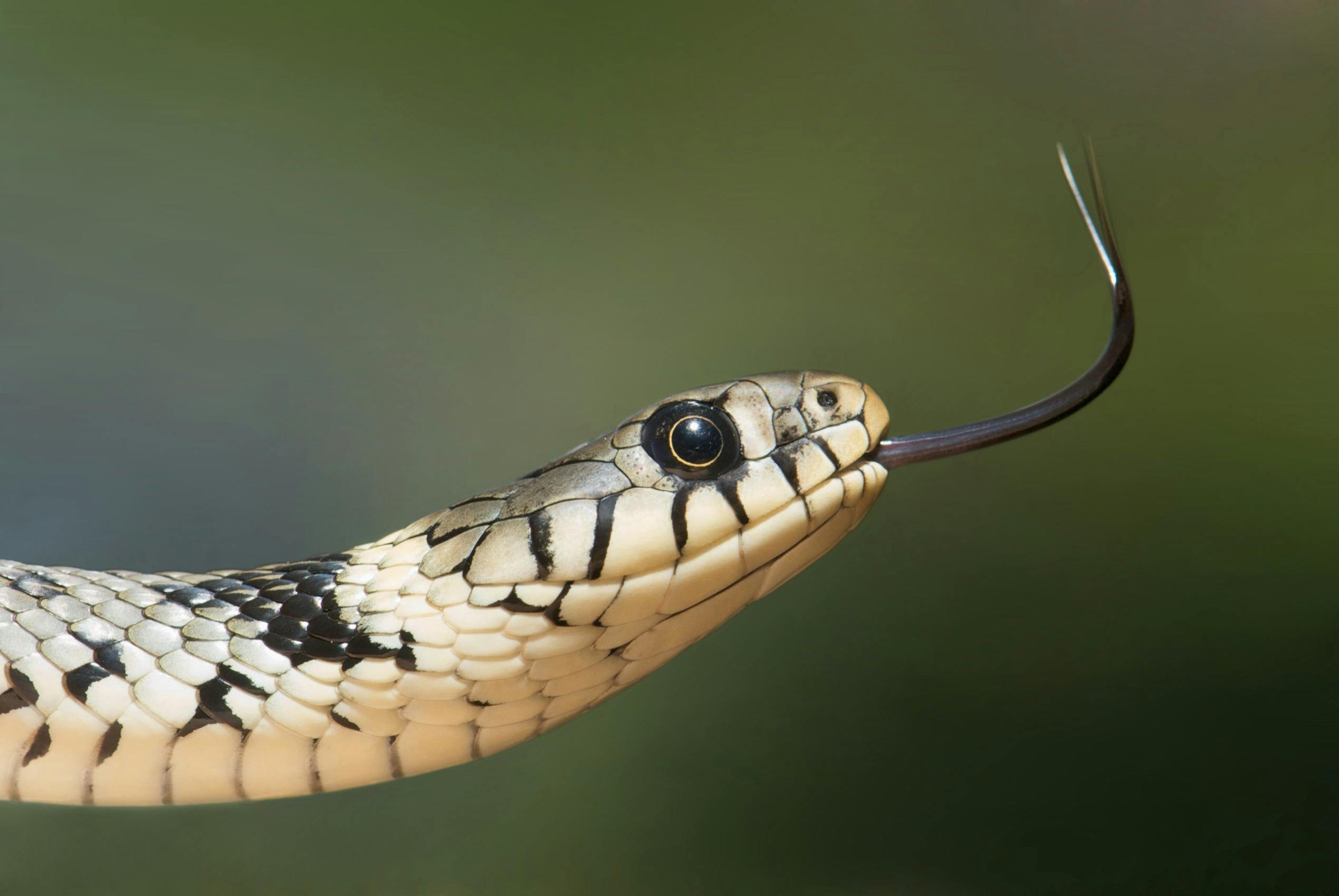As the temperatures rise, so does the activity of our slithery neighbors. Between April and October, venomous snakes are notably more active, increasing the risk of snake bites, especially for our curious pets. Always supervise your pets during outdoor activities and keep them away from tall grasses or underbrush where snakes may hide.
What Should You Do If Your Pet is Bitten by a Snake?
- Act Fast: Seek veterinary care as soon as possible. Prompt treatment may prevent the most serious effects of a snake bite and help quicker healing.
- Avoid cutting the wound, sucking on it, or tying off the affected limb.
- If it’s safe, snap a picture of the snake for accurate identification, which can be crucial in treating your pet effectively. Do NOT attempt to capture the snake to bring it to the veterinarian.
- Keep your pet calm and quiet.
- Even if you believe the bite is from a non-venomous snake, you should still contact your veterinarian to see if your pet needs basic wound care and to confirm that the snake is non-venomous.
Signs Your Pet May Have Been Bitten
- Sudden yelp of pain, especially if your dog is playing in a potentially infested area.
- Rapid swelling on the legs or face
- Apparent, intense pain
- Fang/puncture marks
- Swelling and redness
- Oozing blood at puncture
- Drooling
- Rapid breathing
- Dilated pupils
- Pale gums
- Weakness
- Collapse
- Paralysis
Understanding Anti-Venom
Anti-venom plays a critical role by blocking the effects of certain snake venom. Administered in a timely manner, it can prevent further health deterioration, though it may not reverse damage already caused by the venom. However, not all snake bites require anti-venom; a veterinarian will carefully evaluate the situation to determine if it is indicated for your pet.
Remember, quick and efficient medical intervention is the best way to ensure your pet’s safety in case of a snake bite. Stay safe and keep a vigilant eye on your furry friends!
In case of after-hours emergency medical care for your pet, LSU Veterinary Teaching Hospital on Skip Bertman Drive is available 24/7, 365 days a year. If you have pets or small exotics, call 225-578-9600; for horses and livestock, call 225-578-9500. For more information about the Veterinary Teaching Hospital, visit lsu.edu/vetmed.
Source*
LSU Vet Med: Bettering lives through education, public service, and discovery
The LSU School of Veterinary Medicine is one of only 33 veterinary schools in the U.S. and the only one in Louisiana. LSU Vet Med is dedicated to improving and protecting the lives of animals and people through superior education, transformational research, and compassionate care.














